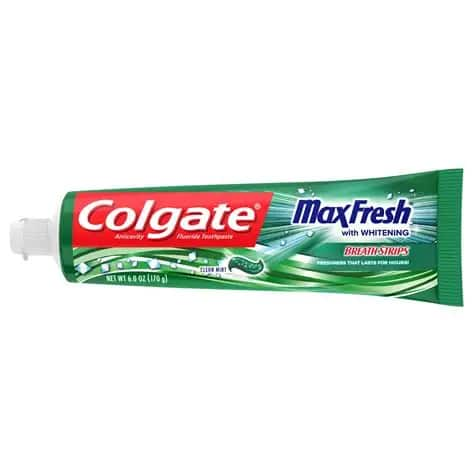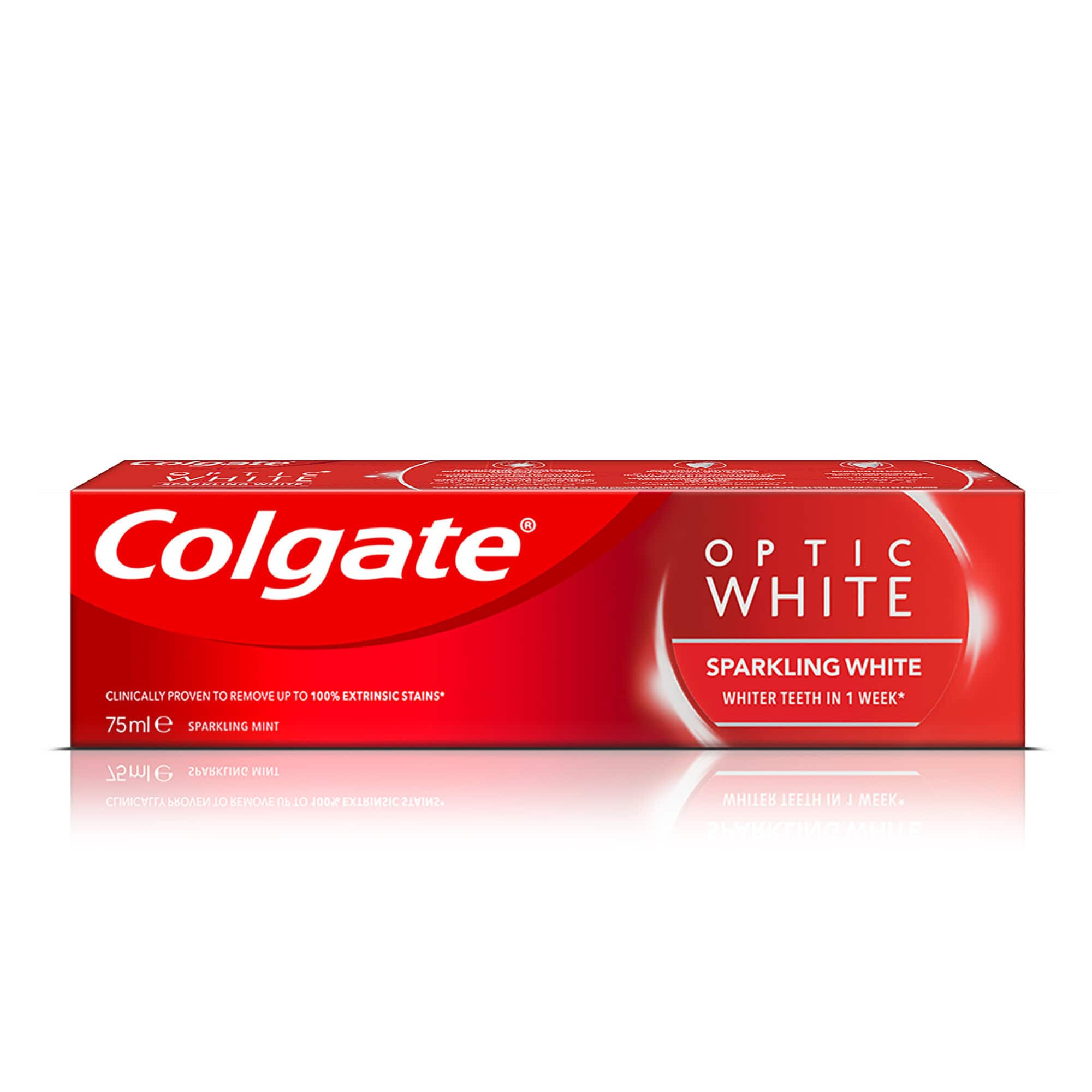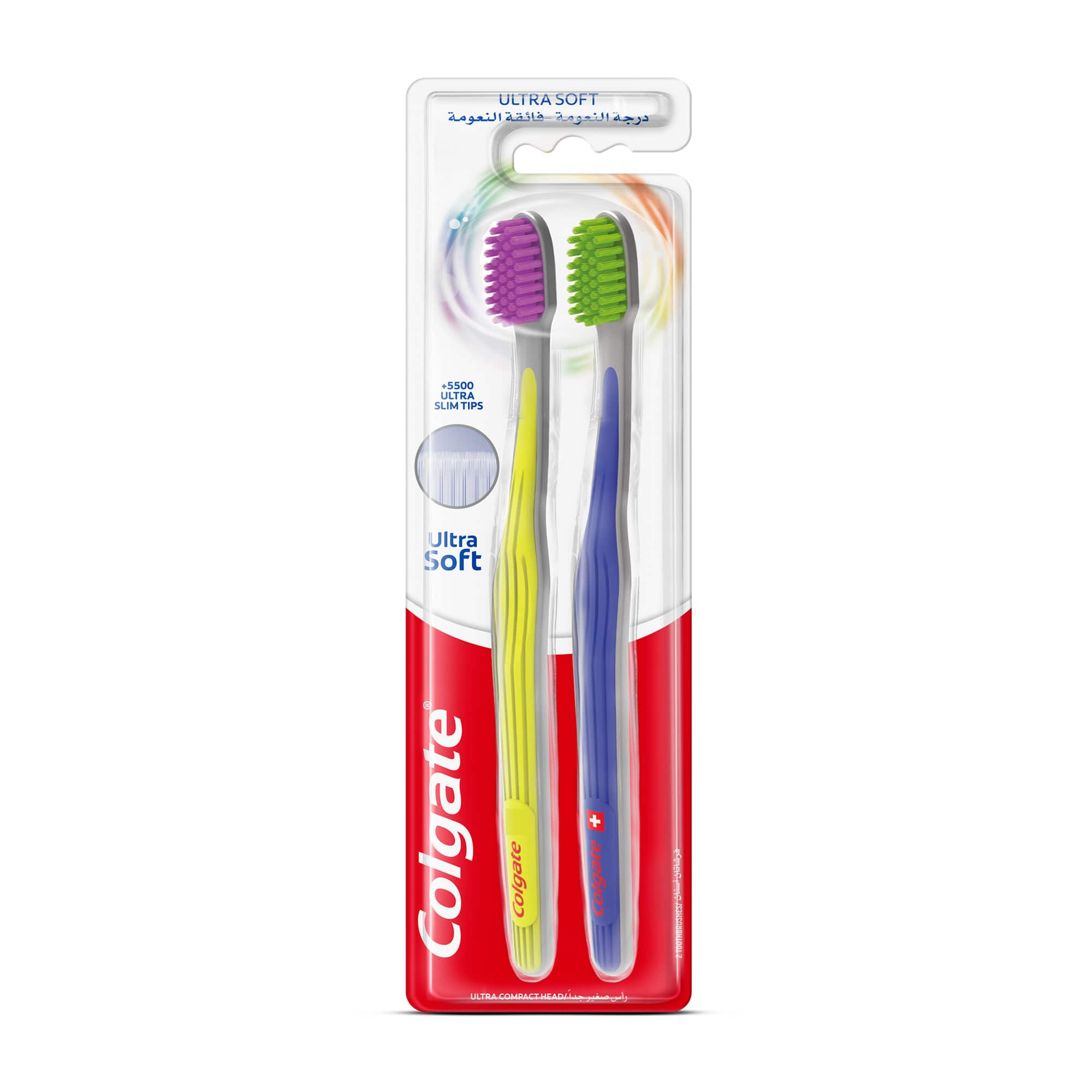-
-

NUTRITION AND ORAL HEALTH
What is Dental Public Health? A Look at How It Can HelpMany oral diseases can be prevented with routine care and regular dental checkups...

NUTRITION AND ORAL HEALTH
How to Limit the Effects of Sugar on TeethCookies, cakes, candy and sodas – everywhere you go, there are sugary treats to tempt...
-
Science & Innovation
- Colgate® | Toothpaste, Toothbrushes & Oral Care Resources
- Oral Health
- Periodontal Disease and Obesity


Many medical professionals consider obesity to be a chronic dis¬ease. It is well understood that younger and younger members of our community are becoming obese due to poor nutrition and eating habits. Research has demonstrated that obesity will increase the risk for hypertension, type 2 diabetes, arthritis, CVD, respiratory problems, and endometrial, breast, prostate, and colon cancers.1 It has also been demonstrated in a recent research study that obesity also increases the risk for periodontal disease, and it may be insulin resistance that regu¬lates the relationship between obesity and periodontal disease.1 It has also been found that individuals with elevated body mass indices (BMI) produce a higher level of inflammatory proteins.1
It is very critical for individuals to understand the obesity epidemic and to take proactive steps in addressing this issue with themselves and family members who are obese. Good nutrition and exercise should be stressed and individuals should be educated on the role that obesity may play in the development of diabetes, CVD and cancer.
The dental professional will take a thorough medical history and review any medical issues which may point to the cause for the obesity and refer the patient to his/her physician for evaluation. The oral health status will also be evaluated and treatment rendered based on the diagnosis. Emphasis will be placed on the reduction of the plaque and accompanying inflammation, both above and below the gumline. Home care should be reinforced, and patients should be encouraged to floss regularly and to brush twice daily with a toothpaste that offers antibacterial protection.
© Copyright 2009 Colgate-Palmolive Company
Reference:
1. Grand Rounds in Oral and Systemic Medicine Vol.1, No 2, 2006, pp. 36 - 47
This article is intended to promote understanding of and knowledge about general oral health topics. It is not intended to be a substitute for professional advice, diagnosis or treatment. Always seek the advice of your dentist or other qualified healthcare provider with any questions you may have regarding a medical condition or treatment.
Related Articles



Majority of periodontal diseases are painless and rarely require urgent dental attention. Gum abscess treatment is a common exception. Learn more about the procedure here.
Related Products

Helping dental professionals
More professionals across the world trust Colgate. Find resources, products, and information to give your patients a healthier future





